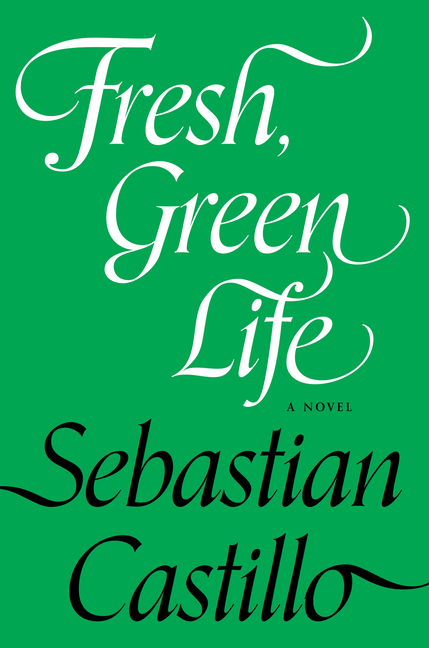The book operates in a mode that Castillo has honed and iterated on to extremes across his body of work: a first-person monologue that is both profoundly interior and performatively excessive, delivered by a narrator whose self-awareness does little to save him from embarrassment. And Castillo’s prose luxuriates in intellectual snobbery, wielding it as both shield and self-inflected wound ... Castillo is relentless in exposing these absurd desires, often through Sebastian’s over-the-top internal monologues on the petty delight he takes in Maria’s divorce, elaborate justifications for attending the party, fantasies of her admiration ... While the first half of Fresh, Green Life seems to stall, caught in controlled delay and imagined outcomes, this deliberation isn’t the plot’s absence, it’s its launch. The second half gives way to movement, conflict, and consequences. That structure—hesitation followed by escalation—is right at home in the broader arc of Castillo’s work ... Castillo’s work is marked by a distinct and nimble experimentalism that’s only growing in its playfulness, generosity, and gravity ... Fresh, Green Life is about having a mind that believes it can juke the messiness of being human, of thinking yourself smarter than your circumstances, and realizing that having an intellect isn’t the same as having a life.
Read Full Review >>

